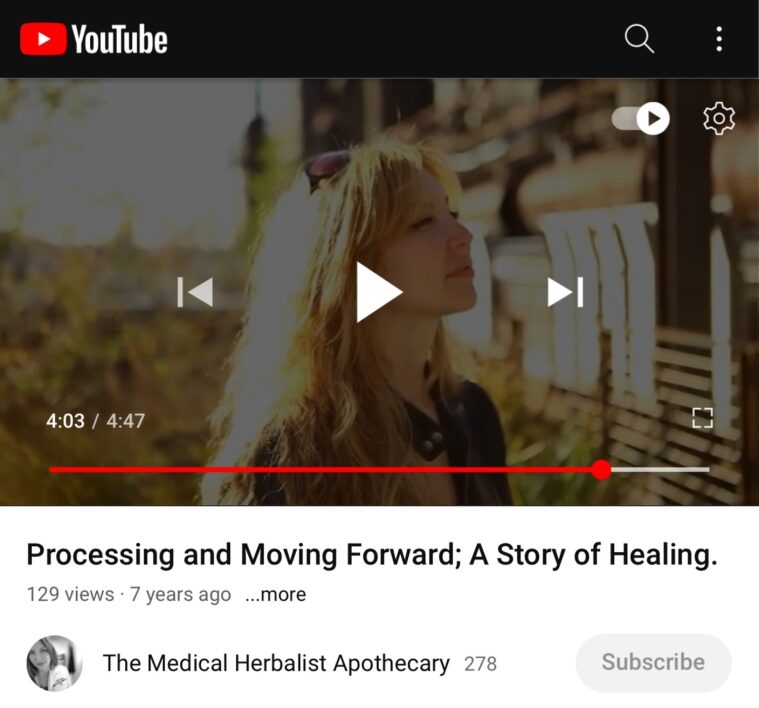
Seasonal Hormone Imbalance and Immunity: Do you find that more than just Allergies return in Spring and Autumn?
Seasonal hormone imbalance and its impact upon immune function is real.
It is true: Transitional seasons between the warmer months and cooler months herald environmental allergens. Seasonal change typically involves excessive pollen and mold spores floating in the air. This can trigger an overactive immune response, and is irrefutable in clinical research.
Allergies can challenge the body to regulate hormones, metabolism, and immune function — notably when medications are required to manage them, however: This is not the whole picture.
Did you also know that the change of seasonal temperatures and length of daylight influence hormonal regulation and metabolism, as well?
We often see Chronic Illness, Autoimmune, and Latent (dormant) Infection Flare-ups between March and May, as well as challenges with body temperature regulation, sleep disruption, energy levels, mood management, and metabolism in Spring and Autumn.
TAMI BRONSTEIN, Medical Herbalist-Physiologist
Seasonal Influence Upon Hormonal Regulation
In many cases, I support certain people quite differently — through seasonal change — than when we are holding steady during the middle of summer and winter.
The body “calls to” (demands) energy production differently in warmer seasons of longer days, than cooler seasons with shorter days. As a result, we see seasonal change impact all 4 pathways of brain hormones (neurotransmitters) which regulate body (endocrine) hormones.
Hormonal Pathway Interaction
Thyroid is only one amongst the FOUR key pathways. Thyroid regulates body temperature, moods, heart rate, sleep regulation, digestion, and metabolism — to name a small general handful of key body functions. This list is not extensive, yet demonstrates the body-wide impact when challenged.
The 4 Hormonal Pathways include (in order of function): Adrenal, Reproductive, Thyroid, and Pancreatic.
They each stimulate and communicate with one another to respond to the demands of daily living — managing between our daily habits, stressors, and hormonal activities — which balance and sustain life itself.
These pathways are miraculously arranged to intricately interact together — collaborating to regulate function and maintain normal (ideally, optimal) function.
Immune System Activity
Disrupted hormone balance has system-wide impact. A few key features include (but not limited to):
- Various functions to process food and eliminate waste falter.
- Digestive Enzyme production and microbiome (healthy bacterial balance) becomes disrupted, creating a “leaky gut” that triggers Autoimmune tendencies
- Acidity increases, causing inflammation and immune system inefficiency
- Disrupted sleep and moods deepen hormonal imbalance, creating a perpetual cycle of symptoms
Over Time, Things Change — Age and Hormonal Adaptations
As we age, what worked in the past may no longer work now and must be updated for best results.
If what we have done in the past – or currently using – isn’t yielding the same results, it is time to revise.
Age is an inescapable factor. There are well-known habits we can change to give our bodies what it needs to adapt more efficiently to life’s demands — but our approach to support requires refinement along the way, because our needs change over time.
Finding you are de-railed with imbalances when “Allergy Season” rolls around — or in September through November, as the school year begins, days shrink in length, and temperatures cool down?
“There’s an app for that”.. but much like your own fingerprints, there is no “one-size-suits-all” approach to unraveling a tangled combination of factors triggering these repeated cycles.
Some individuals require active collaboration between ongoing conventional care and integrating supportive measures.
Rebalancing may require specialised, custom-tailored remedy.
Get in front of the seasonal hormone imbalance and immune system activity challenges before the are reactivated — or get a handle on what may have been triggered between March and May: Come see me for support — I am here for you!








